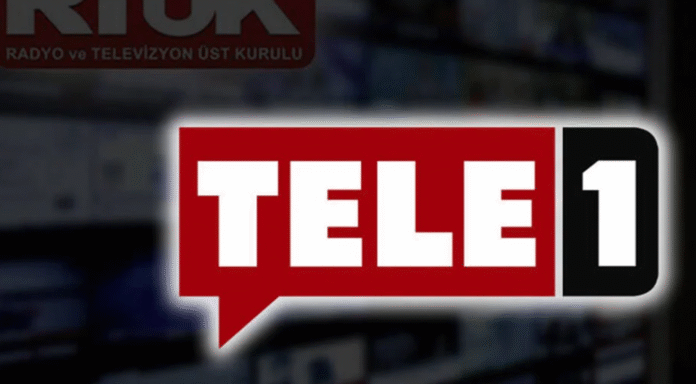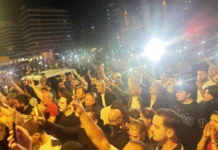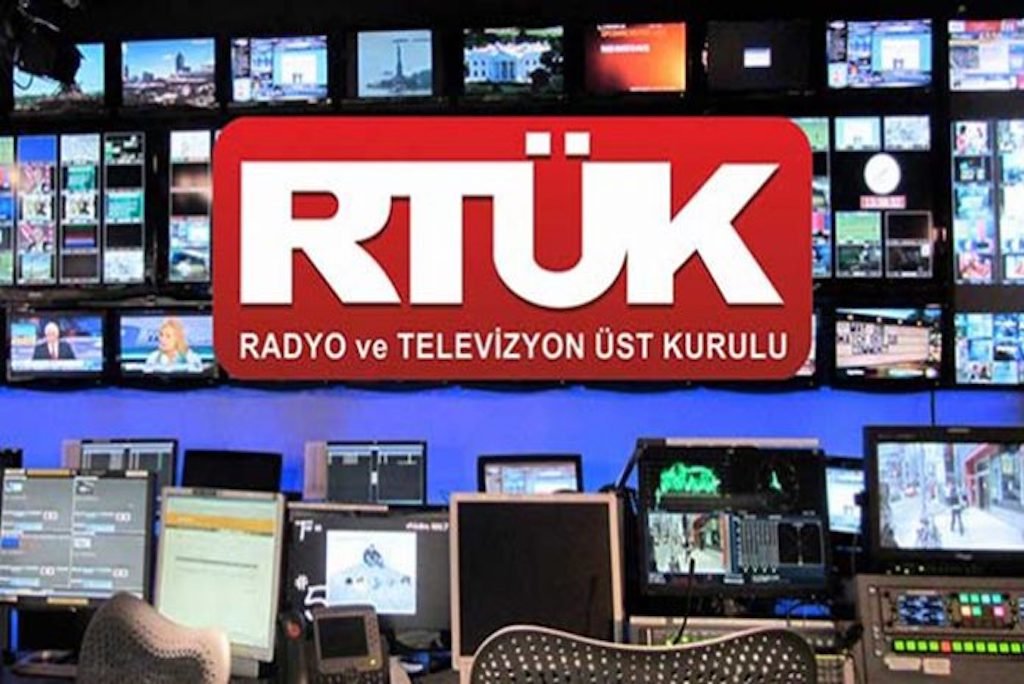Press freedom groups on Thursday condemned Turkey’s broadcast regulator for ordering a five-day blackout of the independent TELE1 TV station, saying the decision reflects an alarming pattern of censorship against critical media.
The European Federation of Journalists (EFJ) joined four other members of the Media Freedom Rapid Response (MFRR) in urging authorities to halt what they called politically motivated sanctions.
The coalition said the move “represents a direct attack on freedom of expression and media pluralism in Turkey” and called on the Radio and Television Supreme Council (RTÜK), the country’s broadcast regulator, to reverse the ban.
The statement was signed by the International Press Institute, ARTICLE 19 Europe, the European Centre for Press and MFRR, the EFJ and the Osservatorio Balcani Caucaso Transeuropa. The groups monitor violations of press freedom in European Union states and candidate countries.
RTÜK issued the penalty following remarks made by political commentator Merdan Yanardağ during his program, “4 Questions 4 Answers,” in which he referred to a July 15, 2016 failed coup as an “Islamic coup attempt” and claimed that “the Justice and Development Party [AKP] government is mainly responsible for it.” The council deemed the comments to be in violation of Article 8 of Law No. 6112, which prohibits “inciting society to hatred and hostility.”
In addition to the broadcast blackout, RTÜK imposed a fine equivalent to 5 percent of TELE1’s gross commercial revenue for the month preceding the month when the program was broadcast.
A court temporarily suspended the blackout in early August, but the decision was overturned on August 27, clearing the way for TELE1 to be taken off the air from August 31 through September 5.
The penalty adds to a series of fines and suspensions imposed on outlets critical of the government. TELE 1’s blackout is set to last until September 6, but the RTÜK penalty is part of a pattern of systematic censorship of opposition media, with other networks — including NOW TV, Halk TV and Sözcü TV — also facing bans and fines for their coverage of politically sensitive issues.
It is common for pro-opposition news channels in Turkey to face restrictions on their broadcasting through sanctions imposed by RTÜK, whose board members are appointed in proportion to the number of seats held by political parties in parliament, meaning that the ruling AKP currently dominates the agency.
RTÜK handed down 46 sanctions in the first half of 2025 alone, 42 of them against critical outlets, with fines totaling nearly 100 million lira (about 2 million euros), according to the MFRR.
Turkey, which has been suffering from a poor record of freedom of the press for years, ranks 159th among 180 countries in the Reporters Without Borders (RSF) 2025 World Press Freedom Index.















